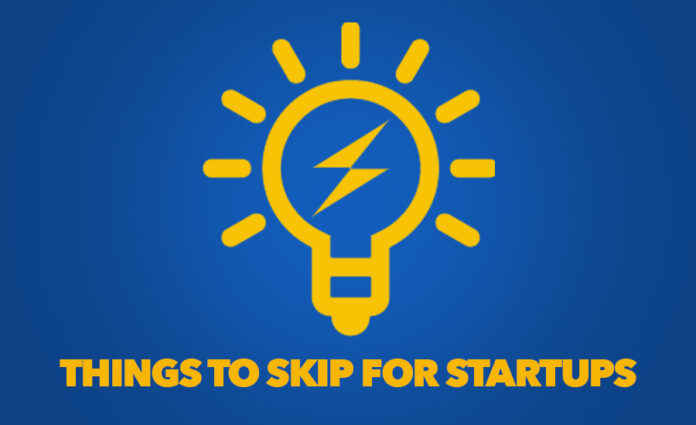Let people know that you are planning to build a startup and suddenly, everybody is ready with a piece of advice for you. Here are some common advices that will often lead you in the wrong direction:
Startup can be best built by young and energetic people.
Taking into account the recent startup flood and the excitement throughout the entrepreneurial world, it seems kind of tempting for young generation to leave academic programs and pursue their startup ambitions.
However; if you actually start searching for examples when some young, inexperienced entrepreneur could make it, you will see thousands of failures worldwide.
If you are a young entrepreneur, you must note that the majority of investors might ask you for experienced founders and management teams.
So if you have a great idea, it is time to analyze what your weaknesses are and what skills will be needed for your startup’s success. And then you can try to strengthen such weaknesses by joining a company in your target industry.
Investors want you to target big markets.
Usually it is a common belief for entrepreneurs that they have to chase billion-dollar markets to make good profits however; looking at the facts, some of the smallest markets generate the largest returns.
On the contrary, ideas that focus on bigger opportunities, require a much larger capital investment to start. Looking at the defensible advantages; small niche markets can be more attractive for investors.
It will be easy to acquire customers with less capital and also your business will be less vulnerable to threats from competitors in smaller markets.
To be honest, even I would love to see startups hunting markets to become a leader and establishing strong customer relationships without much of financing.
Raise huge capital and aim for higher valuation.
There are examples of startups that shut down due to over-payment of debts and various business expenditures which were not important at initial stages.
The analysis of ownership, dilution and value creation advocates that a startup should raise only what is necessary to reach the next significant milestone.
Accomplishing targets like Product Completion, Key Management Recruitments and most importantly, your initial customer/revenue traction; is what allows a startup to raise more funding at a much higher valuation.
Studies show that pre-revenue startups in India are priced within a shockingly suffocated valuation range; and there is possibly no chance of a higher valuation until the basic milestones are achieved.
Build the Audience, You can create the Product Later.
With the increasing popularity of social media and cheaper website audit and analysis tools, you can build momentum in the market without spending a lot of money.
Gone are the days when it was difficult and time consuming to measure impact or progress and make required changes. Now you can build your audience and concentrate on your product / service at the same time.
You must also dedicate some of your time to train and prepare your staff so that can efficiently deal with customers. A soft launch of your startup can transform them gradually from a development team into a delivery team.
It needs a lot of time to understand the basics of consumer service, interviews and demonstrations; especially with a minimum viable product (MVP). And hence, all high-quality features must be documented well and marketed properly.
Technological Startups require Patents to attract investors.
It is true that investors like to fund startups that have strong intellectual property however; a patent strategy is not commonly required for all concepts or products.
I can say with experience that filing and maintaining a patent can be really expensive and can possibly create mess for a strong competitive position.
Further to the point; startups often overstate the value of their intellectual property to investors. Then, during due diligence, investors might get agitated upon discovering competitors with similar or related IP.
Our advice here is to retain a reputable IP attorney, ideally with experience related to your technology or product, and to have a candid conversation on the true cost vs. benefit of a specific patent and whether your IP is likely to become a valuable asset.
Launch your startup with a Big-Bang.
Lavish launches make sense for huge enterprises who build on existing revenue streams and have stable resources for extravagant events and prodigal advertisements.
On the other hand, for startups with limited resources and experience, it is always recommended to soft launch the product in a local market and scale up later.
In fact, it makes sense to announce your product or service on social networks and blogs long before you actually make your first one. You can take it as one reasonable way to real market research.
Most of the highly popular businesses like McDonald’s, Walmart, Facebook or Google never had a big-bang rollout. They started slowly, in limited spaces; and later expanded according to customer demand and resources available.
Some entrepreneurs find it hard to resist the urge to get their product or service into the hands of so many people and forget the costs of a hard launch, and most importantly; the risks of a highly visible failure.








